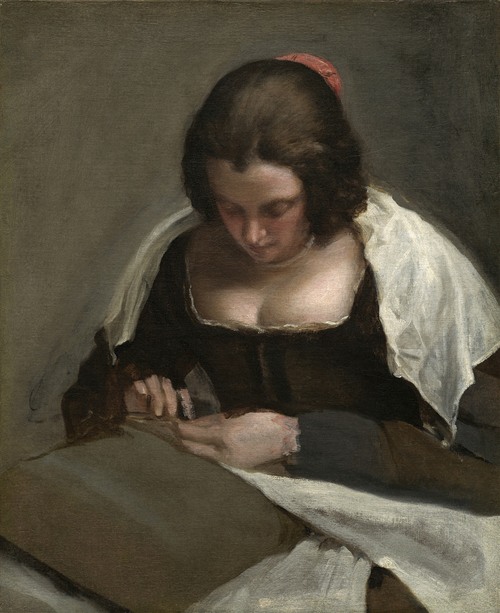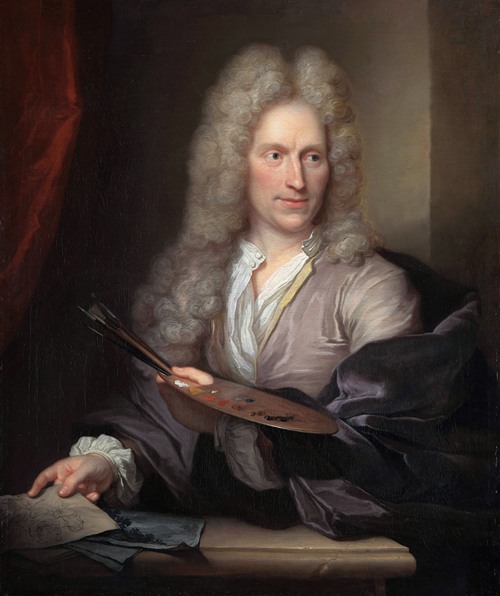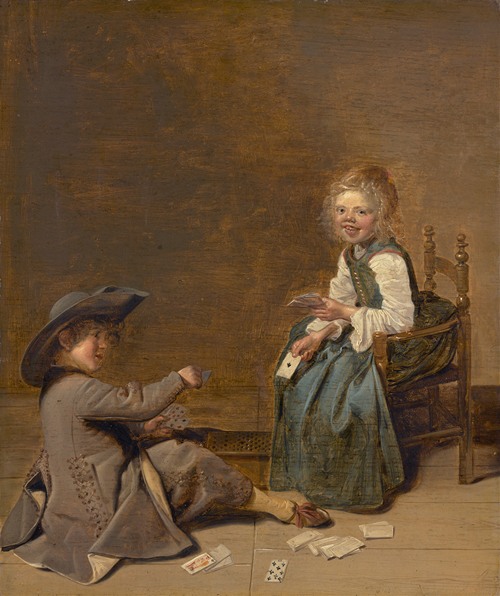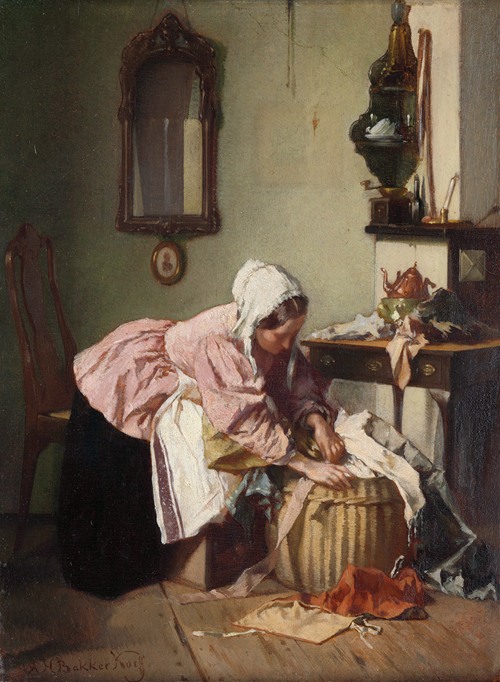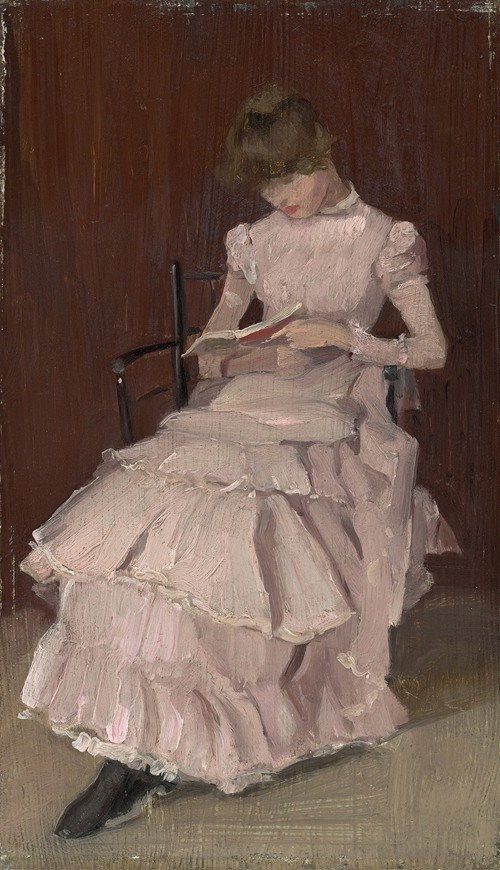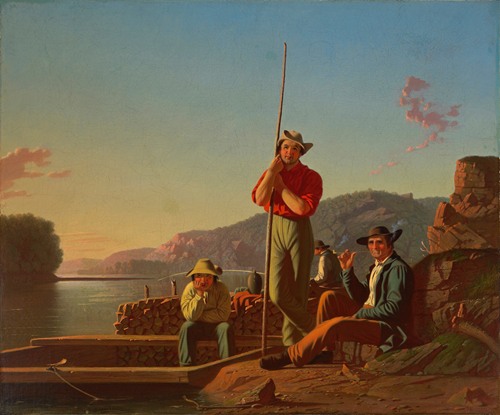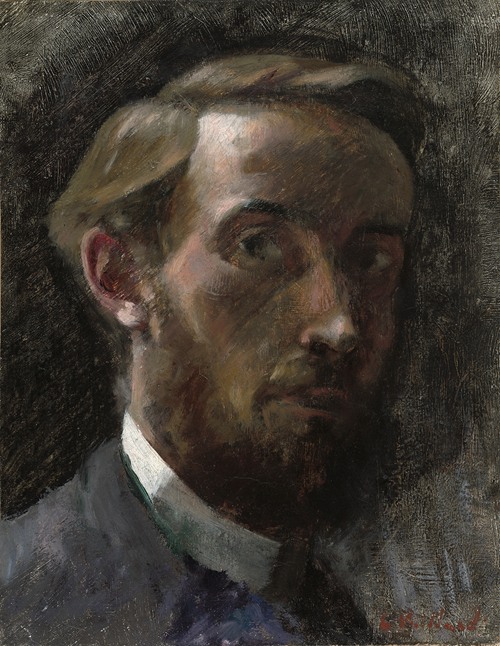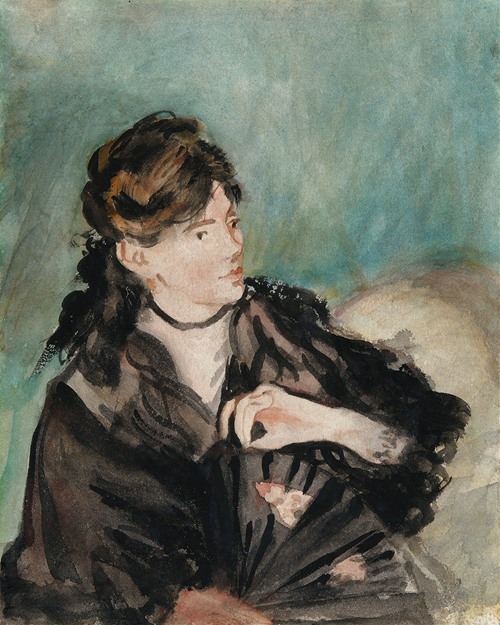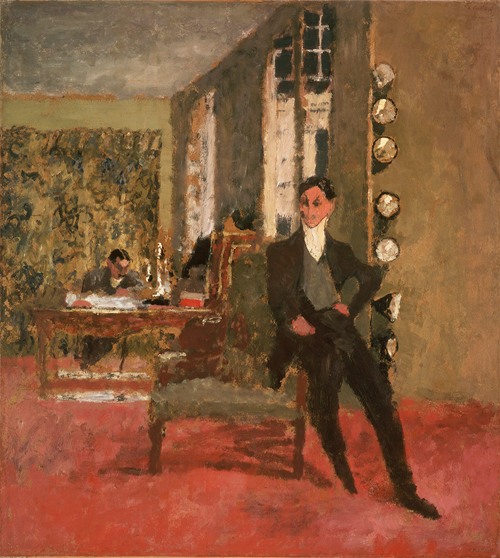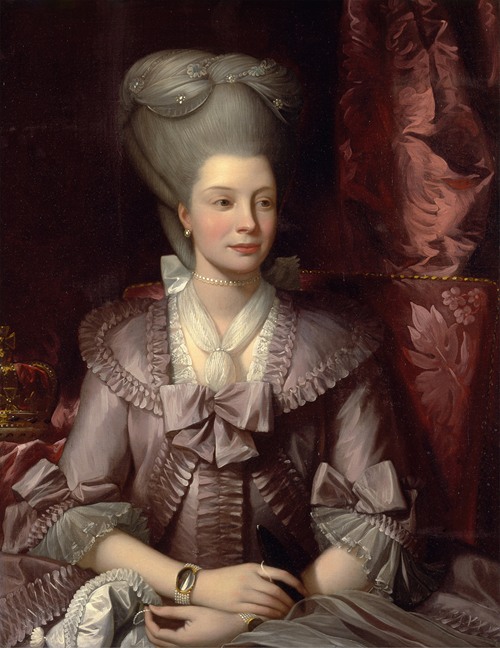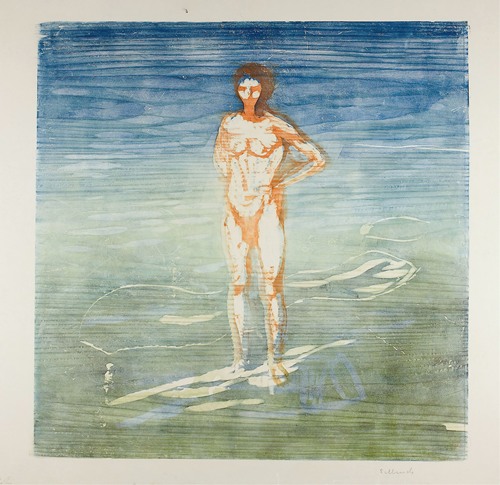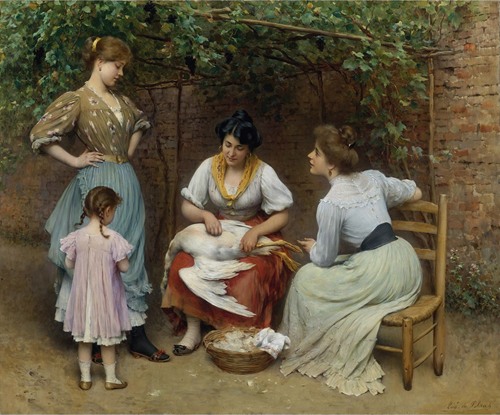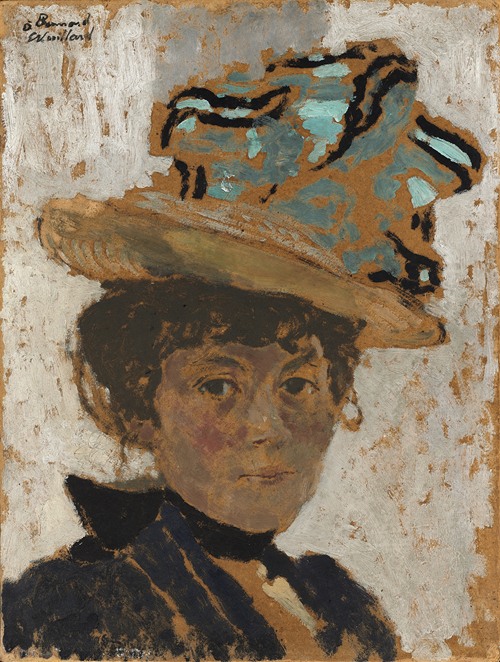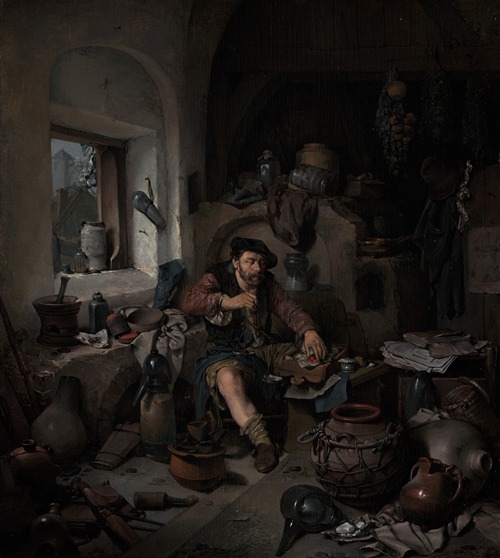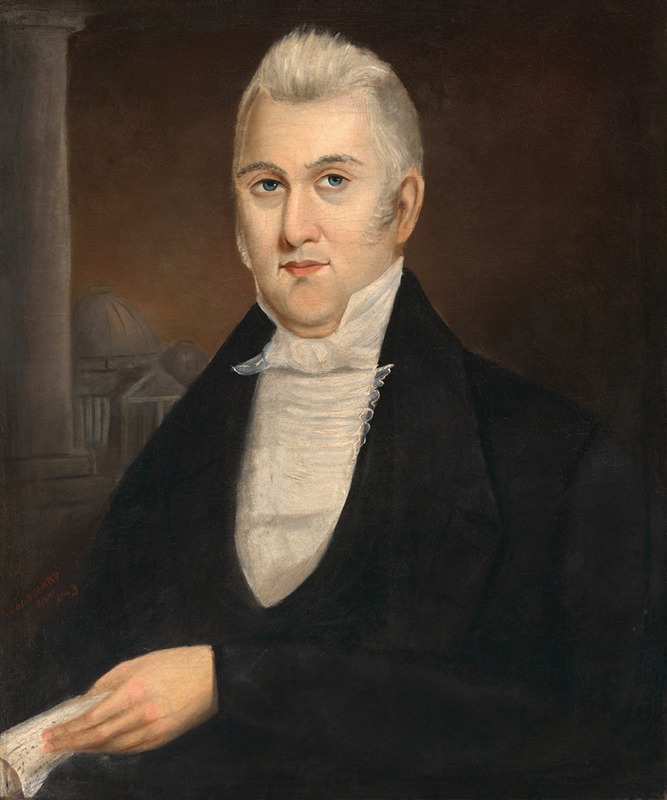
David Acheson Woodward was born at Philadelphia on September 16, 1823. He was the son of the late William Hill Woodward. His grandfather, William Wallace Woodward, was among the first publishers in Philadelphia. Professor Woodward's father succeeded his parent in business at Philadelphia, but afterward moved to Cincinnati, Ohio, where he started the first publishing house there. It was in Cincinnati that Professor Woodward first began his work of drawing and painting.
He was engaged as an instructor in drawing by the board of the Maryland Institute in 1852 and was elected principal of the institution the following year. He reorganized the system of the school and originated the name of the School of Art and Design, which is now part of the name of that institution. For 25 years Professor Woodward remained at the head of the Maryland Institute, and was succeeded by Professor Hugh Newell, who served about four years. Professor Newell was succeeded by Professor Otto Fuchs, who held the position for 23 years, until his death about two years ago.
Professor Woodward after resigning from the Maryland Institute resumed his work of portrait painting. He believed that photography should be made an aid to the portrait artist, and as a result of his efforts along this line he invented the system known as the "solar print." This consists of a print of a photograph on sensitized canvas, with the details shown strong enough to enable the artist to use the picture in the same way as a rough outline sketch is used before applying paints. He patented the invention on September 13, 1877, and, it is said, realized much money from it before the patent expired. A medal was awarded him at the Philadelphia Centennial for his achievement.The system has since been adopted by portrait painters in all parts of the world.
The large painting of Johns Hopkins which adorned the top of the stairs at the old Maryland Institute, was painted by Professor Woodward. This was destroyed in the big fire of 1904. Professor Woodward also painted portraits of the late Senator William Pinkney Whyte, and of Gen. F. C. Latrobe and a number of other mayors of the city, as well as of many other prominent Baltimoreans.
